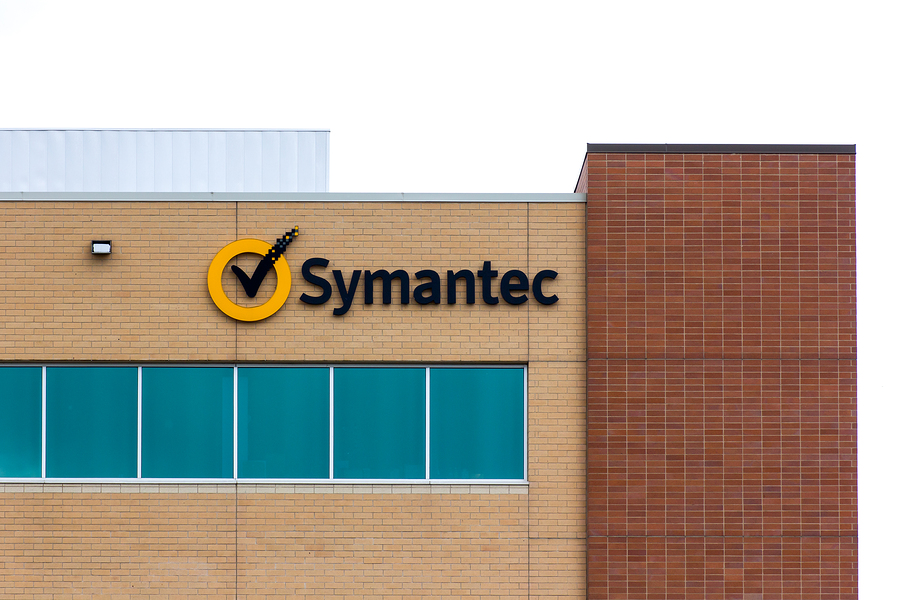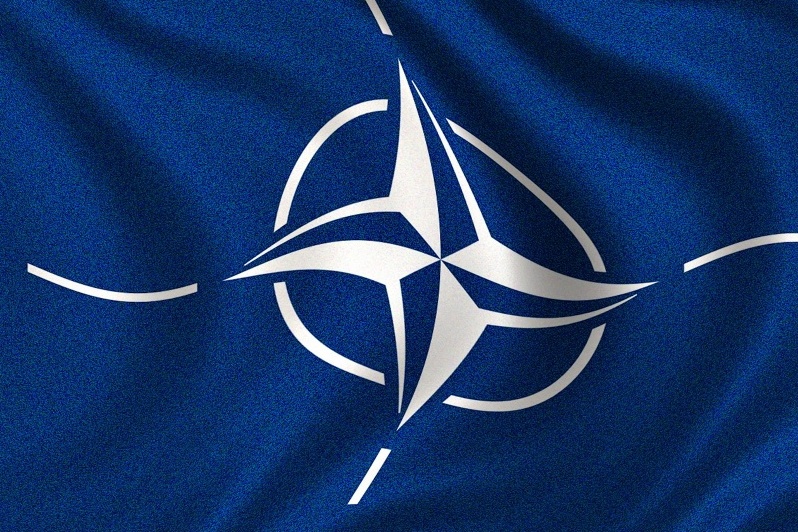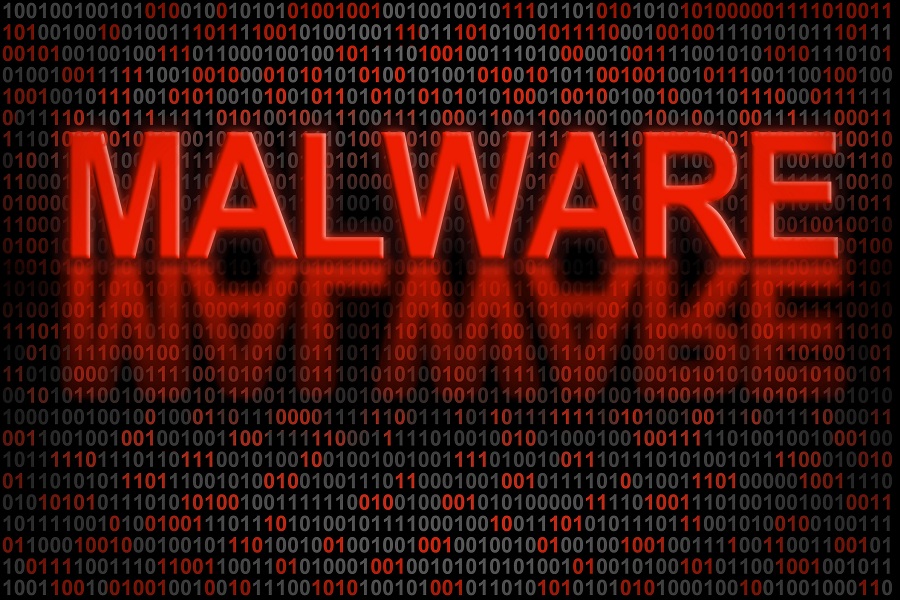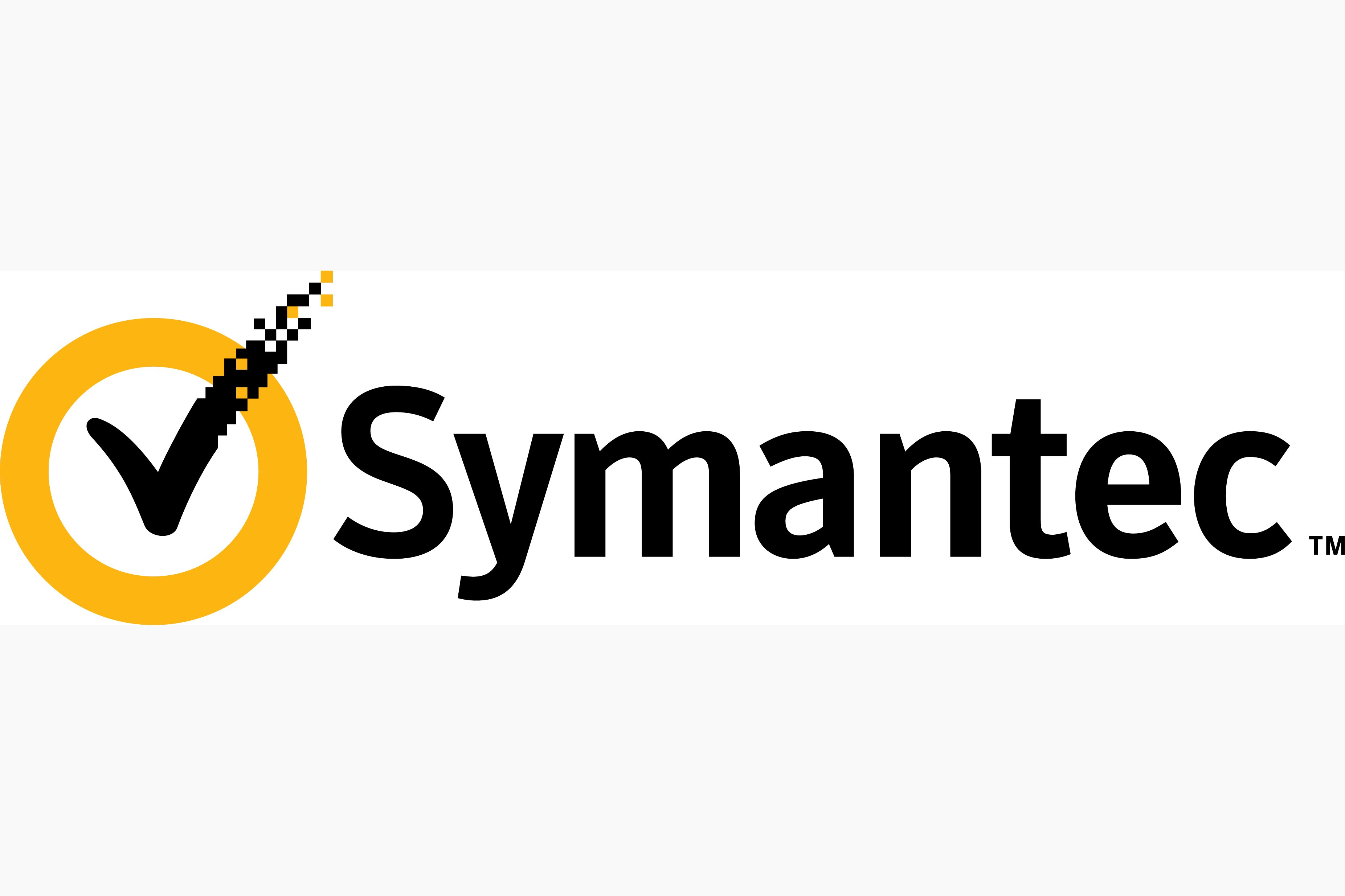Symantec puts Flame virus on suicide watch
Security vendor claims Flame infected machines have been ordered to cleanse themselves of malware.

The Flame virus, which has been waging war on computers across the Middle East, has been ordered to self destruct, it has been claimed.
The malware was uncovered by Russian anti-virus vendor Kaspersky last month, who described it as one of the most complex pieces of malicious software ever to be released.
It tries to leave no traces of the infection behind.
Kaspersky claim the malware is capable of stealing data from targeted systems, stored files, contact data and audio conversations.
The malware operates by stealing data from infected machines, which is then passed onto a network of command-and-control servers located across the world.
However, rival anti-virus vendor Symantec claims these servers recently out an "updated command" to the computers that have already been compromised by Flame, ordering them to delete the malware.
In a blog post, announcing the discovery, Symantec said the command would have prompted the servers to ship a file called browse32.ocx, which is effectively a Flame uninstaller.
Get the ITPro daily newsletter
Sign up today and you will receive a free copy of our Future Focus 2025 report - the leading guidance on AI, cybersecurity and other IT challenges as per 700+ senior executives
"It locates every file on disk, removes it, and subsequently overwrites the disk with random characters to prevent anyone from obtaining information about the infection," said the blog post.
"It tries to leave no traces of the infection behind."
Symantec claim the file was created around three weeks before the news of Flame's existence first broke and was still being sent out to compromised machines last week.
"The existence of this module is interesting in itself. Previously analyzed [Flame] code showed us a component named SUICIDE, which is functionally similar to browse32.ocx," added Symantec.
"It is unknown why the malware authors decided not to use the SUICIDE functionality, and instead make Flame perform explicit actions based on a new module."
-
 Should AI PCs be part of your next hardware refresh?
Should AI PCs be part of your next hardware refresh?AI PCs are fast becoming a business staple and a surefire way to future-proof your business
By Bobby Hellard Published
-
 Westcon-Comstor and Vectra AI launch brace of new channel initiatives
Westcon-Comstor and Vectra AI launch brace of new channel initiativesNews Westcon-Comstor and Vectra AI have announced the launch of two new channel growth initiatives focused on the managed security service provider (MSSP) space and AWS Marketplace.
By Daniel Todd Published
-
 Power stations under attack from long-running hacking campaign
Power stations under attack from long-running hacking campaignNews Dragonfly threat group is ramping up activities, say researchers
By Adam Shepherd Published
-
 Symantec profits surge as firms prop up their cyber defences
Symantec profits surge as firms prop up their cyber defencesNews The company also announced plans to sell its web certificate business
By Dale Walker Published
-
 Symantec to pay $4.65 billion to acquire Blue Coat
Symantec to pay $4.65 billion to acquire Blue CoatNews Greg Clark to become Symantec CEO, promising new cloud security
By Aaron Lee Published
-
 Symantec ditches reseller guilty of scamming PC users
Symantec ditches reseller guilty of scamming PC usersNews Silurian told people they had malware, then sold them Norton Antivirus for $249
By Joe Curtis Published
-
 NATO builds up cyber alliance with Symantec tie-in
NATO builds up cyber alliance with Symantec tie-inNews Military industrial link up to fight cyber attacks
By Rene Millman Published
-
 Junk emails fall to their lowest rate in 12 years
Junk emails fall to their lowest rate in 12 yearsNews Spam is dropping, says Symantec, but other malware threats are on the rise
By Joe Curtis Published
-
 Kaspersky: "We have never been asked to whitelist malware"
Kaspersky: "We have never been asked to whitelist malware"News A company blog has revealed neither government nor any other entity has asked it to stop detecting malware
By Clare Hopping Published
-
 Symantec confirms split into separate security & storage entities
Symantec confirms split into separate security & storage entitiesNews Storage and security will be separated as Symantec tries to boost sales in both
By Adam Lee Published